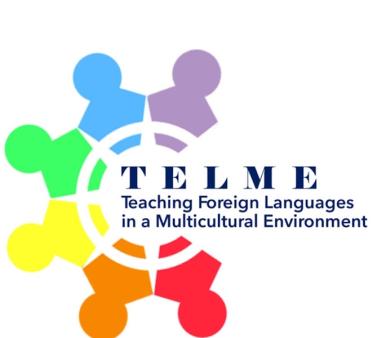This degree aims to perfect students’ skills in two foreign languages in the following language combinations: English / German, English / Spanish, English / Italian and English / Portuguese. The objective of the training is also to provide a good knowledge base in international trade or technical translation. In year 2 (L2), students specialize in either the Languages and International Trade (LCI) pathway, which offers specialized modules for business and international trade, or the Translation and Multilingual Communication (TCM) pathway, which provides specialized modules on technical translation (please note literary and editorial translation are not covered). The TCM path is not open to students who have selected the English / Portuguese language combination.
Objectives
This vocational degree aims to improve students’ skills in two foreign languages, one of which must be English, and provides an introduction to either the socio-economic environment of international trade or technical translation so that students quickly become operational in their professional path. In terms of linguistic skills, training aims to reach the following levels defined by the Council of Europe: holders of the French baccalauréate are admitted at level B1 / B2 in English and their second foreign language (called the C Language, i.e. German, Spanish, Italian or Portuguese). The expected level at the end of the degree is C1 in both foreign languages (i.e. in English and the C Language).
Skills
Common skills:
-
Proficiency in general and specialized written and oral communication in three languages (English, French and the C Language, i.e. German, Spanish, Italian or Portuguese)
-
Proficiency in computer science and ICT
Languages and International Trade (LCI) pathway:
-
Advanced knowledge in the fields of economics, management and corporate life
-
Basic knowledge in the fields of internationalization of economic activity and world trade
Translation and Multilingual Communication (TCM) pathway:
-
Introduction to documentation techniques and editing
-
Proficiency in general translation techniques
-
Introduction to specialized and technical translation
-
Introduction to lexicology and terminology
Course Content
The degree is structured to ensure the progressive appropriation of disciplinary skills and knowledge: year 1 provides an introduction to the disciplines, year 2 provides development, and year 3 knowledge enhancement. Several teaching units are offered every semester:
-
Compulsory Core Teaching Units (UEFs) cover the main subject(s) of the chosen course. These are supplemented by disciplinary methodological modules.
-
The general methodology modules teach transversal skills in documentary and IT methodology. They provide students with the frameworks and tools required to organise their learning path in line with their vocational plans.
-
The Modern Language modules provide the coordinated acquisition of linguistic skills and historical and cultural knowledge related to students’ specific disciplinary background. They also prepare students for a possible stay in a foreign university as part of their undergraduate studies.




